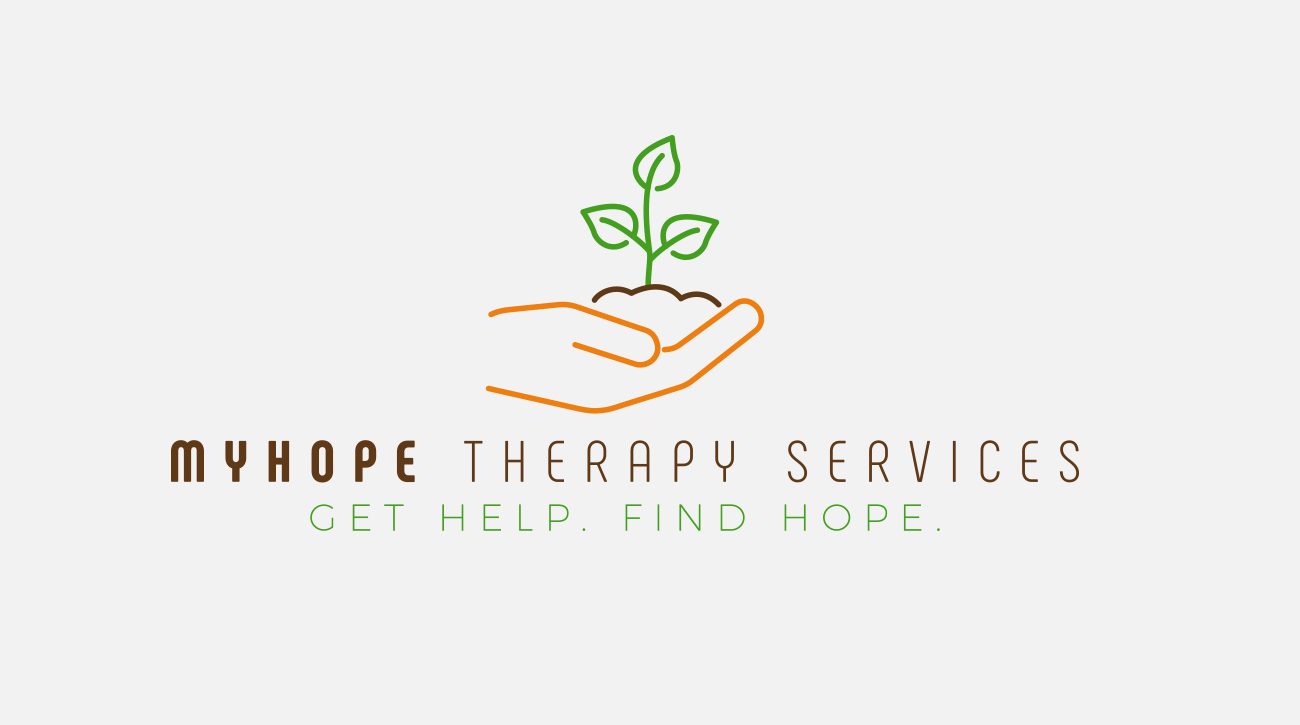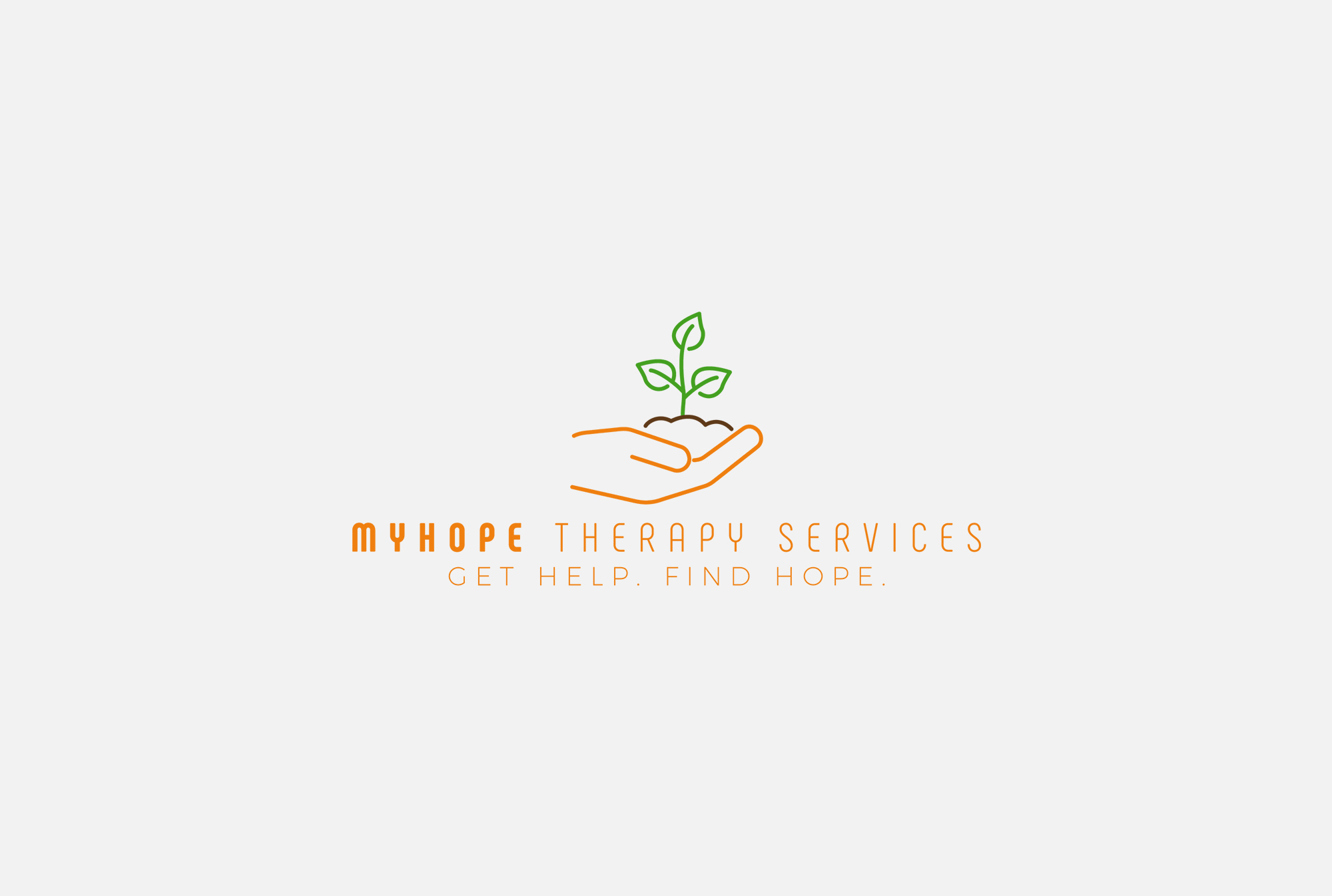posts
Credit Card Transaction Fees Waived

All credit card transaction fees connected to payment of deductibles and copays will be waived by myHope during the time that services occur exclusively through teletherapy. The decision to provide services via teletherapy was made this past Friday. More information on that decision and teletherapy can be found here: myHope will provide all sessions via Tele-Therapy effective Monday 03/16/2020
myHope will provide all sessions via Tele-Therapy effective Monday 03/16/2020

Effective Monday, March 16th, 2020 all sessions will occur through a web portal, unless absolutely necessary, due to the COVID-19 pandemic. Clients will take the following steps: (1) Identify an area in your home that is private. Some moms use their cars because that is the only way they can get privacy. (2) Make sure your device has a camera, microphone, and web connection. Mobile phones work fine. (3) Visit https://doxy.me/myhope (4) Enter your name and wait for the session to begin. (5) You know I am always running 5-10 minutes behind, teletherapy won’t change this. Corona won’t change this. …
myHope is back in Summit, NJ/website update

myHope is back in Summit! The office received a huge makeover, bigger offices and a larger waiting room thanks to the team at IBCNJ. Also, there was a security warning on the website. This was due to the hosting company not installing the new security certificate upon renewal, this has since been resolved.
myHope will be Temporarily Moving from 6/1/19-6/14/19

The Summit office will undergo renovations from 6/1/19-6/14/19. During that time we will be holding session in a temporary location: 1812 Front Street Scotch Plains, NJ Please park in the rear and use the rear entrance of the building where you will find our waiting area. Thank You!
Change in Credit Card Policy/Fees

As part of our commitment to providing affordable healthcare to everyone, we have aggressively pursued joining insurance panels. As a result, we take in significantly less than most out of network providers- many of whom have been charging processing fees as part of their practice for years. We accept credit card payments as a convenience and acknowledgment that copays can still present as a financial burden to a weekly budget. Unfortunately, we can no longer afford to absorb the entire cost of what the gateway charges to process payments. As a small practice, our costs for processing payments can result …
CBT can reduce risk of Perinatal Depression

If you have a history or family history of depression and are pregnant please let your healthcare team know. Evidence based treatments prior to delivering your child can significantly reduce your risk of perinatal depression. The Task Force reviewed 50 studies which examined a variety of different treatments including counselling, physical activity, education, and medication such as antidepressants and omega-3 fatty acids. They determined there was convincing evidence that counseling interventions such as cognitive behavioral therapy and interpersonal therapy were effective in preventing perinatal depression.In fact, both types of therapy reduced the risk of depression by 39 percent. Link
Work and Depression

A recent study in the UK came out with some predictable results…. Relative to a standard 35–40 hours/week, working 55 hours/week or more related to more depressive symptoms among women (ß=0.75, 95% CI 0.12 to 1.39), but not for men (ß=0.24, 95% CI −0.10 to 0.58). Compared with not working weekends, working most or all weekends related to more depressive symptoms for both men (ß=0.34, 95% CI 0.08 to 0.61) and women (ß=0.50, 95% CI 0.20 to 0.79); however, working some weekends only related to more depressive symptoms for men (ß=0.33, 95% CI 0.11 to 0.55), not women (ß=0.17, 95% CI −0.09 to 0.42). The differences between genders …
In Network with United and Oxford

We are now an In-Network Provider for United and Oxford health plans. Remaining on insurance panels and having affordable options for those without insurance is a commitment I will proudly continue and will work to expand on. Middle class and working class families deserve affordable, high-quality health care. We will continue to do our small part to make this happen. You can learn about other insurance companies we participate in by visiting our fees & insurance page.
Make Decisions Like a Ninja

Decision making can be difficult when we’re struggling with a strong emotion and can be problematic when we’re coping with depression and anxiety. Pros and Cons is a flexible, easy to use and effective CBT skill that can improve our decision-making skills and increase confidence when making decisions. Pros and Cons can be helpful in the following areas: 1. Distress Tolerance: Comparing the Maladaptive coping mechanism to the Adaptive Coping Mechanism 2. Life Skills (exercise, medication compliance, eating well): Comparing, for example, Working Out v. Netflix. 3. Social Anxiety: Comparing Avoiding a Social Event v. Attending 4. Depression: Getting out of …